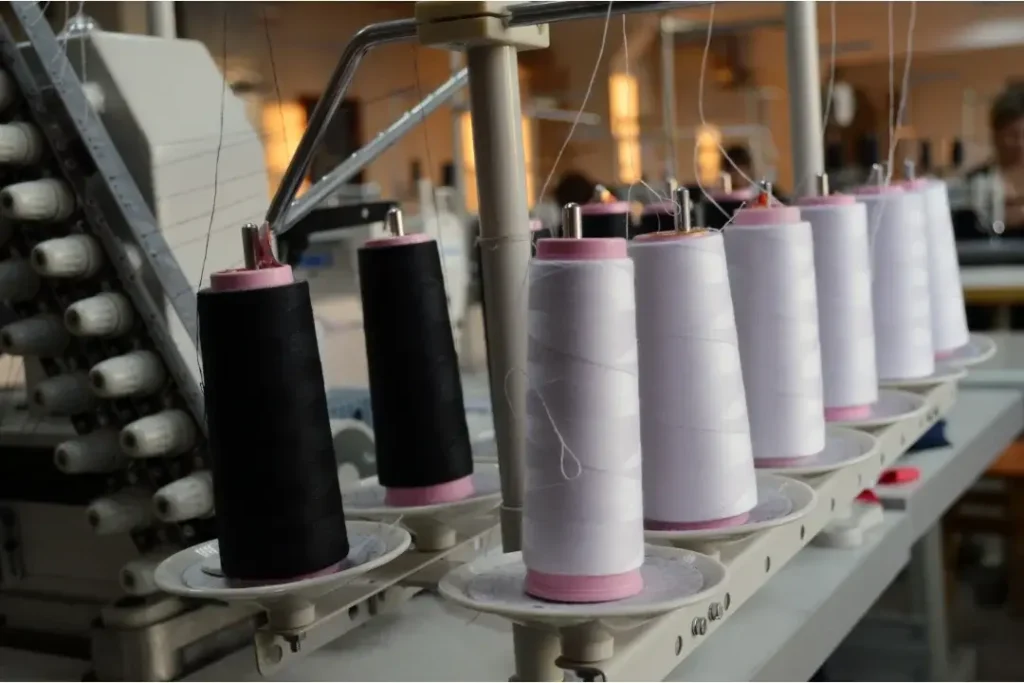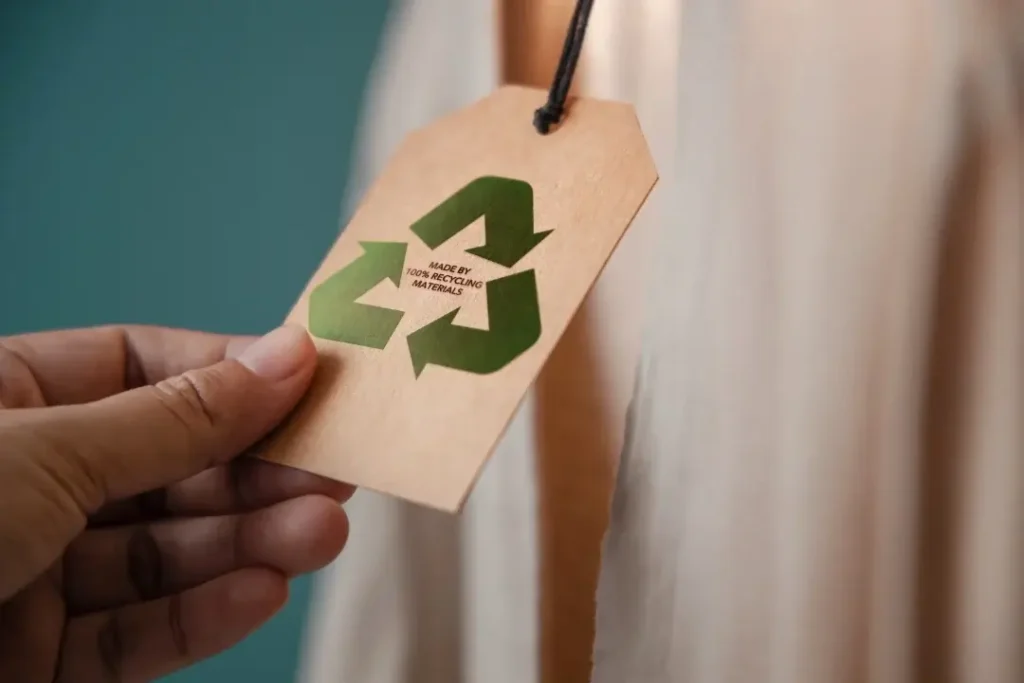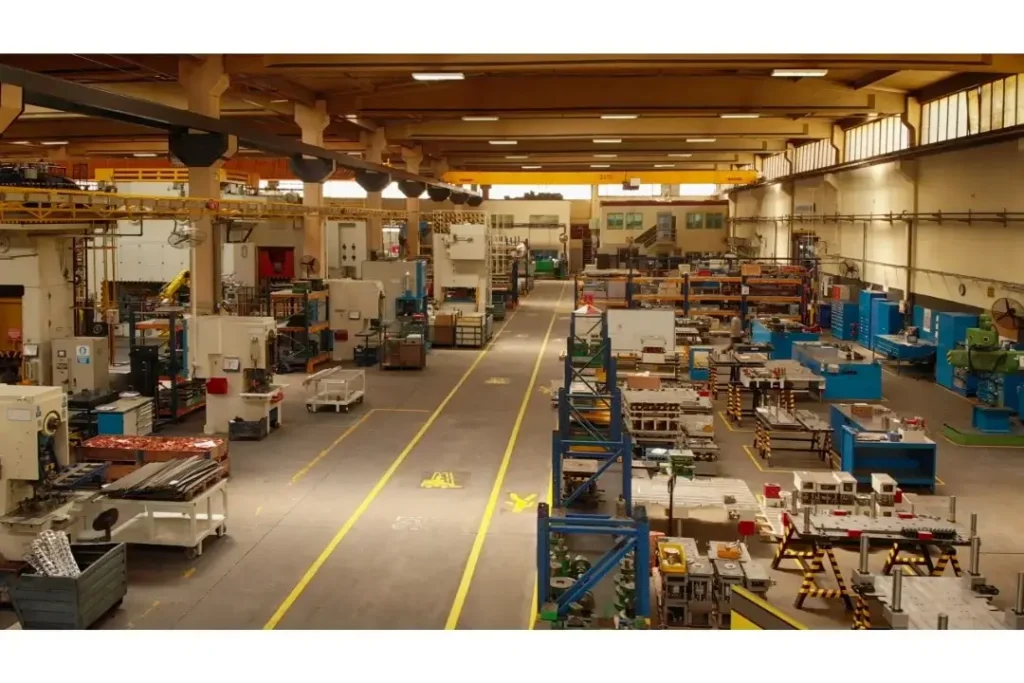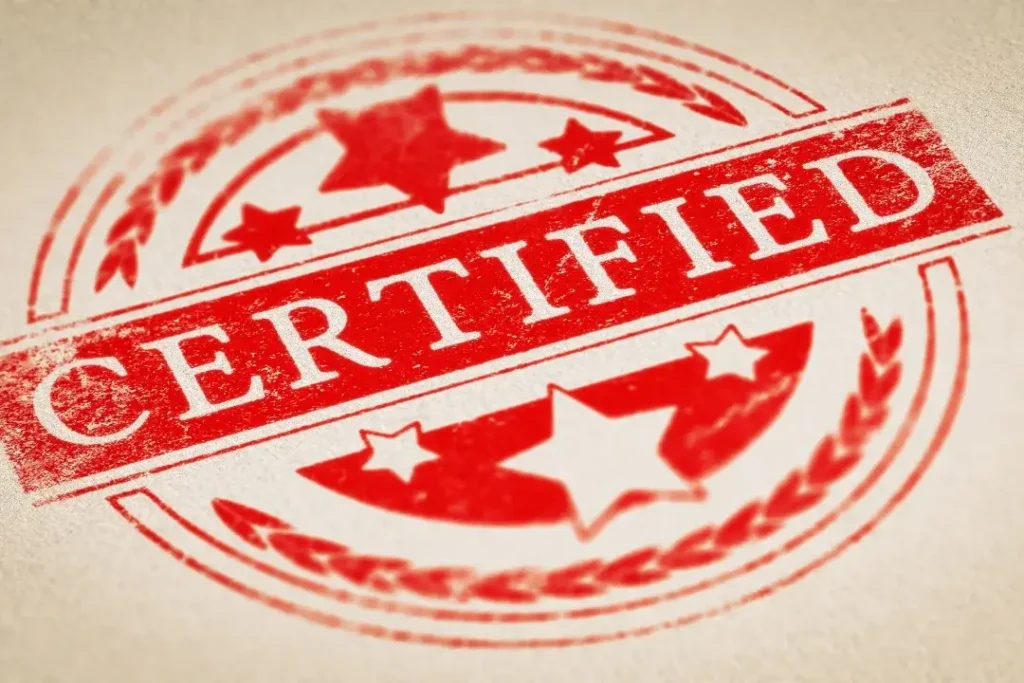
Why Clothing Brands Fail
Top Different Types of Shirts for Women and Men Top Different Types of Shirts for
Find out the Potential of Corporate Social Responsibility in the Pakistan Clothing Industry | Creating Ethical Partnerships and Advancing Sustainable Practices for International Impact
Corporate Social Responsibility isn’t just a gimmick in the apparel or clothing industry, but it has a hidden benefit that directly influences the success of an apparel company or business. According to the latest study, about 73% of global consumers like brands that care for their responsibilities.
The Branding Pakistan clothing industry is also making extra efforts to scope with the trend and prove their responsibility towards ethical practices in this competitive world. Corporate social responsibility in clothing includes all those actions that the firms undertake to be sustainable and fair. This includes taking good care of the workers, environment, and local communities. Through this blog, you will find the positive CSR efforts of Pakistan factories that, despite many challenges, have been able to progress forward. Most manufacturers are now improving as they help train local workers and use practices that make the environment less polluted, thus reducing waste. Despite good progress, there is still a lot that is in need of improvement.
What is corporate social responsibility in the garment industry?
Corporate Social responsibility means that enterprises should be responsible for their actions towards themselves, their customers, and the community. CSR in the clothing industry is becoming more significant because it benefits companies follow ethical practices and operate sustainably. Knowing about CSR can progress your brand’s image and help your business prosper in a market that cares about these problems.

Adding CSR to the business plan improves your brand image and trust among customers. Most consumers nowadays seek out brands that reflect their values. Customers will more likely decide to purchase products from companies with social responsibility concerns than those brands without. For instance, if a company brand focuses on its sustainability, treats workers correctly, and benefits the local community, then customers are going to favor that kind of product.
Besides, CSR can help your business grow steadily by keeping customers trustworthy. Ethical brands often have devoted customers, which means repeat sales and positive recommendations. This makes your corporation stronger, even in tough times.

To use CSR effectively, you need to understand its main parts. Here are four important areas to think about:
This means using eco-friendly practices to reduce waste and pollution. By being sustainable, you meet what customers expect and help take care of the planet.
Paying fair wages and providing safe working conditions is crucial. Good labor practices improve your reputation and help keep workers happy and productive.

It engages you with the local community through education and health programs and facilitates your development. You give back in that regard, which builds strong relationships with your community that benefit your brand.
Transparency about your business activities helps you build trust among customers and stakeholders. Displaying accountability will help you out in a marketplace that is always looking for ethical sourcing.
|
CSR Part
|
Benefit for Clothing Industry
|
|---|---|
|
CSR Part
|
Benefit for Clothing Industry
|
|
Environmental Responsibility
|
Attracts eco-conscious customers
|
|
Community Involvement
|
Builds local support and partnerships
|
In recent years, top clothing manufacturers in Pakistan have become stronger on Corporate Social Responsibility (CSR), that shows good practices of fair working conditions, environmental care and concern, and community aid. In case you are targeting or interested in working with such factories, knowing how great their CSR efforts are is of significant importance to boost your brand and support long-term sustainability.
A key part of CSR in Pakistan clothing factories is fair labor practices. Many factories now pay more than the lowest income, making sure workers are paid fairly for their work. For example, ExpertoWears, a leading cloth manufacturing company, pays good salaries and follows safety rules to protect its workers.
Factories which obey to international labor standards, including Oeko-Tex and SA8000, are providing safe workplaces and guaranteeing a dignified environment for workers. A 2025 report discovered that around 65% of factories in Pakistan pay fair incomes, which made the workers 40% more happy. Such fair work develops the workers’ morale and boosts productivity, and brand constancy.
Pakistan textile industry producers are also concentrating on sustainability initiatives. Several of them have adopted energy-efficient technologies that can help reduce energy consumption and carbon emissions. For example, Interloop has installed new machinery that consumes less energy and is eco-friendly.
Furthermore, many companies have designed recycling programs that take care of discarded material and textile waste. Alkaram Studio, for instance, designed an excess collection program, converting leftovers to create fabric material for clothes. The campaign towards sustainability has already received an influence as, according to research, 50% of factories reduced waste in Pakistan.
Another significant area of CSR where community engagement is making an effect in Pakistan is through community development. Major manufacturers have invested in their local communities through funding educational programs and healthcare services for worker’s families.
For example, Khaadi initiated education programs for the children of factory workers to give them a better education and advance local development. They also collaborate with local NGOs to provide worker skills training, which imparts valuable skills that enhance worker’s lives and job prospects.

|
Initiative
|
Percentage of Factories Implementing
|
Impact
|
|---|---|---|
|
Fair Wages
|
65%
|
Increased worker satisfaction by 40%
|
|
Environmental Sustainability
|
50%
|
Reduced waste by 30%
|
|
Community Development Programs
|
35%
|
Improved local livelihoods
|
A great deal of effort is made by manufacturers in Pakistan towards CSR. However, small and medium-sized businesses face challenges with many issues. Knowledge of such issues is imperative for you as a prospective partner or investor since you better understand the local scenario.
One of the problems small factories faces is there is not enough money for CSR projects. While the big companies can spend a huge amount on sustainability and ethical practice, small manufacturers find it difficult to manage everyday costs while investing in CSR. This financial pressure can stop them from using energy-saving technologies, improving worker safety, or helping their communities. If you think about working with these manufacturers, it’s important to understand their financial challenges and recognize their commitment.

The rough enforcement of environmental and labour laws in Pakistan makes it hard for manufacturers to be able to effectively apply CSR practices. Although there exist laws guaranteeing good working conditions and sustainability, the law’s application varies quite a bit between factories, which leads to confusion and disinterest by manufacturers in investing in necessary resources. When considering partners, search for factories that actively attempt to struggle with these regulatory challenges.
There is a better awareness of CSR across the globe, but most factory owners have no idea about the long-term benefits of these practices. For most small and medium-sized manufacturers, immediate financial issues overshadow the potential advantages of being sustainable and ethical. This short-term focus might limit their growth and profits. You can help them realize that investing in CSR is a way to achieve business success that lasts by showing them how CSR can improve their product image, customer devotion, and proficiency.
Another big challenge that manufacturers want to improve their CSR status is getting recognized certifications like ISO and SA8000. The certification process is usually complicated, with thorough checks, strict guidelines, and a lot of money. This makes it too difficult for smaller businesses to go through the certification process. By understanding how these certifications can help them access international markets and build consumer trust, you can find ways to support their journey toward compliance.

Pakistan’s clothing industry has been doing great work in the area of Corporate Social Responsibility, but there are still some areas that can be improved to make these efforts more active. While looking for partners in this sector, identify such areas to help parallel your business goals with responsible manufacturers and promote a sustainable future.
One area of improvement is transparency about the efforts made and their effect on CSR. This can be boosted by encouraging manufacturers to be public about information, thereby developing accountability and consumer belief. Showing both successes and challenges in CSR work can help form a culture of openness, attracting more aware consumers.
It tracks products right from the point of production up to the consumer’s hands with the help of blockchain technology. The technology provides unchangeable records of the process to certify that environmental and labor standards are met. To identify suitable manufacturers, look for companies that highlight transparency because it indicates their commitment to CSR and readiness for global markets.
To advance CSR efforts, especially among smaller manufacturers, there should be a strong push for support systems. Government actions can help by offering financial incentives that qualify small factories to invest in workable practices. Financial help for energy-effectual equipment or grants for worker safety can ease their financial challenges.
Partnering with NGOs to provide training and resources on CSR best practices can greatly advantage these smaller businesses. Workshops on ethical manufacturing, environmental care, and labour law agreement can give factory owners the knowledge they want to implement effective CSR strategies. Supporting such collaborations can create beneficial relationships that expand your supply chain and authorize local businesses.

Another significant focus area for growth is certification and compliance with international standards. Gaining certifications such as Fair Trade and GOTS or Global Organic Textile Standard will improve the reputation of a manufacturer and give guarantee to consumers that the company has morally operated. Such third-party proof of a manufacturer’s CSR hard work is quite a selling point in any global market.
Explain the process of certification to your potential manufacturing partners. This will add strength to your position as a responsible collaborator. In sourcing and supplier relationships, highlight the importance of these certifications and how your brand can help them get submissive.
|
Metric
|
Current (2025)
|
Potential (2030)
|
|---|---|---|
|
Factories with CSR Reporting
|
20%
|
60%
|
|
Covered by Fair Practices Workers
|
65%
|
85%
|
|
Factories Using Renewable Energy
|
15%
|
| 50%
|
As international buyers increasingly focus on sustainability and ethical production, their perspective on Pakistan’s CSR in the clothing industry is changing. Understanding these perceptions is vital for decision-makers as it will impact their purchasing decisions and branding relationships.
The view of Pakistan manufacturers about which has changed in recent times mainly due to a better promise to CSR from its side. Today, most factories claim commitment towards fair industry practice as well as environmental and social care as an international standard and enjoy recognition from international customers concerning their good CSR practice through educating style image and reducing risk supply chains.
As you work in the global market, it is necessary to show how Pakistan manufacturers are dedicated to responsible sourcing. This can give your business an edge as demand for transparency grows in the clothing industry.
There are several successful partnerships between Pakistan manufacturers and well-known international brands that show how CSR can strengthen business relationships. For example, Sapphire Group, a major textile manufacturer, has worked with global brands like Levi’s and H&M to focus on supportable practices that appeal to consumers everywhere. Their commitment to reasonable work and waste reduction has upgraded their operations and made them more attractive to these brands.
The other example is Interloop, which partnered with Puma and Nike and now uses renewable energy in the production process. These examples indicate that current CSR implementation leads to strong, long-term relationships with international brands, producing an opportunity for access to a broader market and high-profit generation.
Despite these positive changes, some areas of Pakistan’s CSR still hold negative views from worldwide consumers that need fixing. Problems such as weak administration of industry laws and inconsistent reporting are capable of scaring potential partners away. Many of the buyers worry about the human rights issues in particular sectors, making them afraid to work with manufacturers lacking a strong CSR history.
Also, the fact that sustainability practices are not consistent in all factories can create doubt about manufacturers’ claims. To overcome this, you should look for partners who are not only following CSR rules but also working to progress transparency and clearly share their efforts with investors.
Using Corporate Social Responsibility (CSR) is not a trend; it is a smart way to help both businesses and workers in Pakistan. When companies include CSR in their operations, they can gain economic and social profits that boost productivity, expand their image, and save money over time. Here, we look at how these benefits help everyone involved.
The other understandable advantage of CSR is that it will increase productivity in employees by improving the working conditions. A company that focuses on fair earnings, safe working conditions, and proper breaks enhances the feelings of employees in being valued, hence motivating them. The morale progresses with a high commitment to jobs.
For example, Gul Ahmed, a renowned textile house, has incorporated CSR activities into its operations with the objective of worker welfare. This way, the company experienced a 15% rise in productivity following the upgrading of working conditions and training sessions. In this case, it is clear that keeping workers happy also has various benefits for companies.
A company with a strong CSR program can do good for its standing in the international fashion market, win more global contracts, and make itself a more attractive partner to overseas buyers seeking ethical companies.
For instance, Sapphire Group won contracts from top global brands such as Zara and H&M through its promise to responsible manufacturing. By publishing CSR reports that detail their environmental contributions and social accountability, they strengthened their reputation and expanded their market. According to research, firms considered socially responsible can generate up to 25% more international business, making responsible corporate behavior a growth influencer.
This would also save money in the long run, as adopting sustainable practices is another important advantage. Businesses can lessen operating costs by using energy-efficient technology, reducing waste, and choosing sustainable materials.
For instance, Interloop has changed over to renewable energy in their manufacturing, saving around 20% on energy costs each year. This not only is helping the environment but also gives them more money to invest in further CSR or employee aids. With time, these green investments could lead to substantial regulatory savings for businesses.
The last couple of years or more have seen an affected change across Pakistan with a lot of improvement coming in terms of Corporate Social Responsibility because, over the last decades, much success has been gathered by many Pakistan manufacturers focusing on taking care of both fair labor and environment so that most in the industry around the global areas have taken seriously to make most people think much better concerning that country. This shift is not just a matter of ethics; it also brings economic advantages like better productivity, increased brand devotion, and increased possibilities for worldwide contracts. While finding manufacturing partners, one would like to see that good CSR practices are now the requirement because consumers want transparency and accountability. Still, there are issues that require attention, such as following rules, being open to supply chains, and improving worker education. These challenges, therefore, help to create a culture of constant development and innovation for companies. All the parties involved should understand that the future of the clothing industry in Pakistan depends upon the ongoing efforts in CSR. You help them succeed, making a better business environment through support and encouragement with Pakistan producers and facilitating their continuous upgrading efforts in support of CSR. Together, let’s celebrate the progress made and make sure that CSR becomes a big part of Pakistan’s clothing industry for a brighter future.
CSR includes fair labor, sustainability, and community care to generate trust and enhance operations.
Many big industries are implementing CSR through fair wages, eco-friendly activities, and community engagement, though for small scale, challenges still persist.
CSR improves the reputation of the textile sector. It also develops its client attainment globally and improves worker satisfaction. This sector decreases environmental influence as well.
Expert Custom Clothing Manufcaturer

Top Different Types of Shirts for Women and Men Top Different Types of Shirts for

What You Must Know About Clothing Samples? Before You Produce a Single Garment: What You

How Much Does It Cost To Make a Hoodie A Complete Cost Breakdown for Custom

Discover the Types of Buttons Discover the Types of Buttons That Transform Style and Functionality
Most Recent Posts
Expert Custom Clothing Manufcaturer
Join our Mailing list!
Get all latest news, exclusive deals and updates.